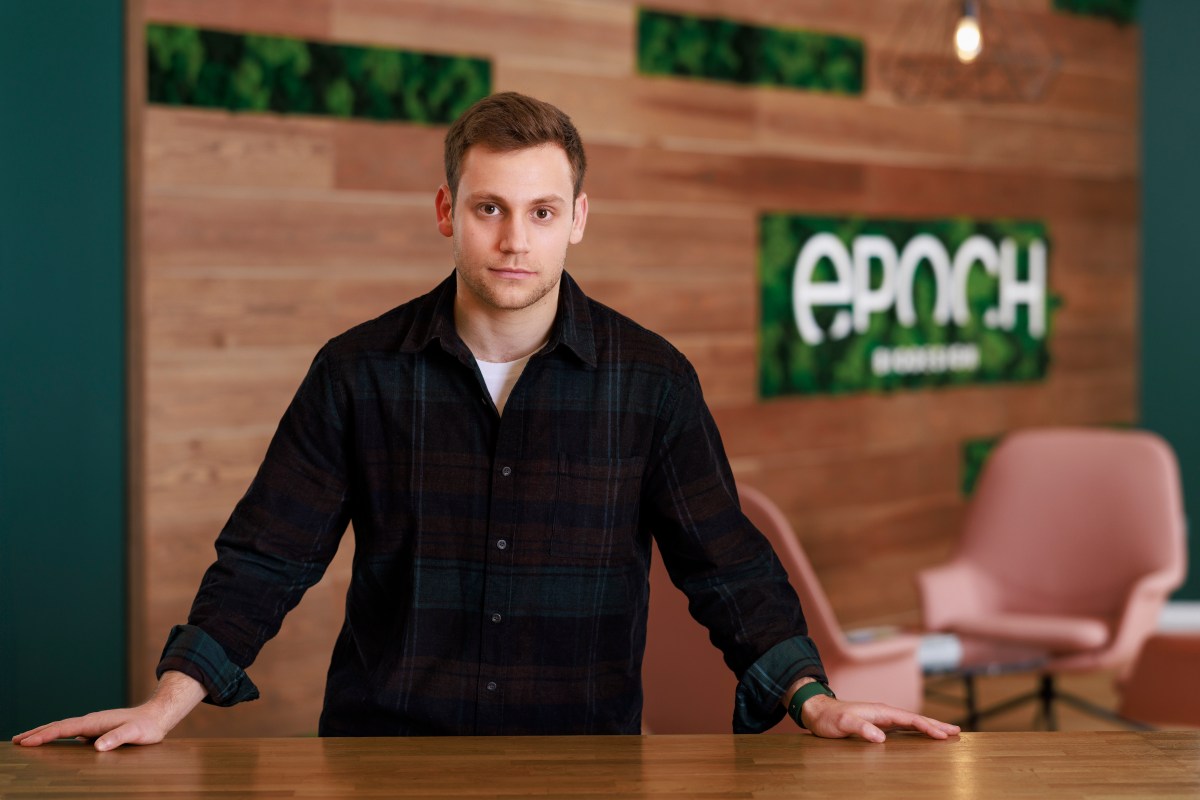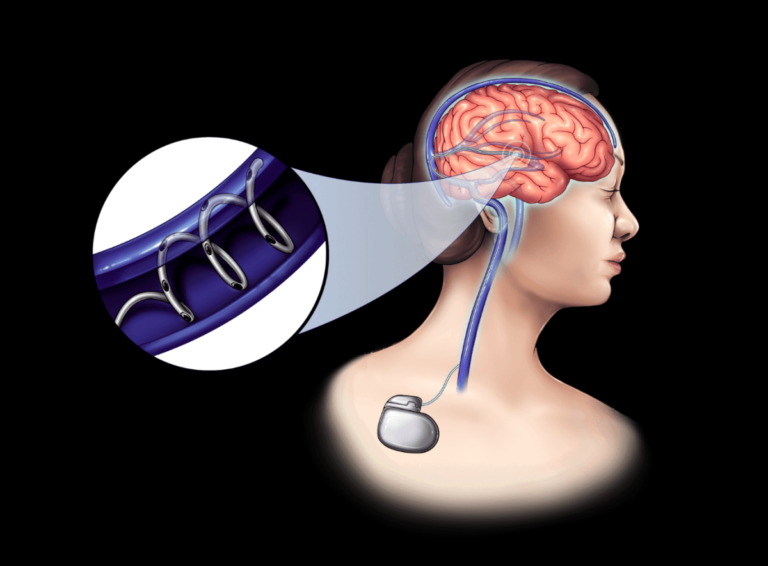Transforming High School Science into Profit: How AI-Driven Enzymes are Revolutionizing Plastic Waste in Fast Fashion
Epoch Biodesign, a pioneering U.K. startup, has successfully secured $18.3 million in an oversubscribed Series A funding round. This innovative company, founded by Jacob Nathan, originated from a high school science project aimed at developing enzymes to combat the global plastic waste crisis.
About Epoch Biodesign
Founded in 2019 in London, Epoch Biodesign has grown into a robust team of over 30 professionals, including chemists, biologists, and software engineers. With the new funding, the startup plans to enhance its production of plastic-eating enzymes, transitioning from laboratory-scale development to their first production facility, which is expected to process up to 150 tonnes of plastic waste annually once operational.
The Need for Biorecycling
The global plastic waste problem is staggering, with approximately 400 million tonnes produced each year, according to the United Nations. Unfortunately, only a small fraction is currently recycled. The economic incentives favor the production of new virgin plastic rather than processing existing waste. This situation necessitates innovative solutions to tackle plastic pollution effectively.
- Environmental Impact: Unchecked plastic pollution has dire consequences for the environment and public health.
- Regulatory Pressure: Governments are increasingly pressured to address plastic waste.
- Emerging Solutions: Startups are exploring various technologies, including AI for better recycling processes and alternatives to fossil fuels.
Innovative Enzyme Development
Epoch Biodesign focuses on developing a library of plastic-eating enzymes to create a more sustainable biorecycling process. The startup has made significant strides in addressing common synthetic fabrics, such as polyester and two types of nylon (nylon 6 and nylon 66).
Understanding the Biorecycling Process
Epoch’s biorecycling process involves a detailed sequence where waste garments are:
- Industrial sorted and pre-treated
- Depolymerized
- Purified
- Repolymerized into usable materials
Accelerating Enzyme Discovery with AI
While natural plastic-eating enzymes exist, they often work too slowly to address the urgent plastic waste crisis. Epoch Biodesign leverages generative AI to speed up the discovery of effective biological catalysts that can rapidly break down plastic. Jacob Nathan explains, “The challenge with biology is that it’s just too complicated. AI allows us to analyze large, complex datasets, helping us make significant advancements in enzyme design.”
Focus on Cost-Efficiency and Commercial Scalability
With the recent funding, Epoch Biodesign aims to scale its innovative recycling processes, focusing on:
- Cost Reduction: The biorecycling process operates at lower temperatures, significantly reducing energy costs.
- High Yield: The company reports recycling rates of over 90%, maximizing the reuse of input materials.
- Minimal Waste: Unlike traditional recycling methods, Epoch’s process generates no unwanted by-products.
Strategic Partnerships and Future Goals
Epoch Biodesign’s latest funding round features a strategic investment from Inditex, the parent company of Zara, highlighting a mutual commitment to sustainability in the fashion industry. Nathan emphasizes the importance of producing materials that are indistinguishable from current offerings, ensuring they meet industry standards.
With a total funding of $34 million to date, including a recent $1 million grant from the U.K. government, Epoch Biodesign is poised to make significant contributions towards resolving the plastic waste dilemma. The company’s focus on designing enzymes for broader plastic categories, such as packaging, remains a key objective as they continue to innovate in the biorecycling space.
For more information on sustainable practices and innovations in recycling technologies, visit our Sustainability page.







